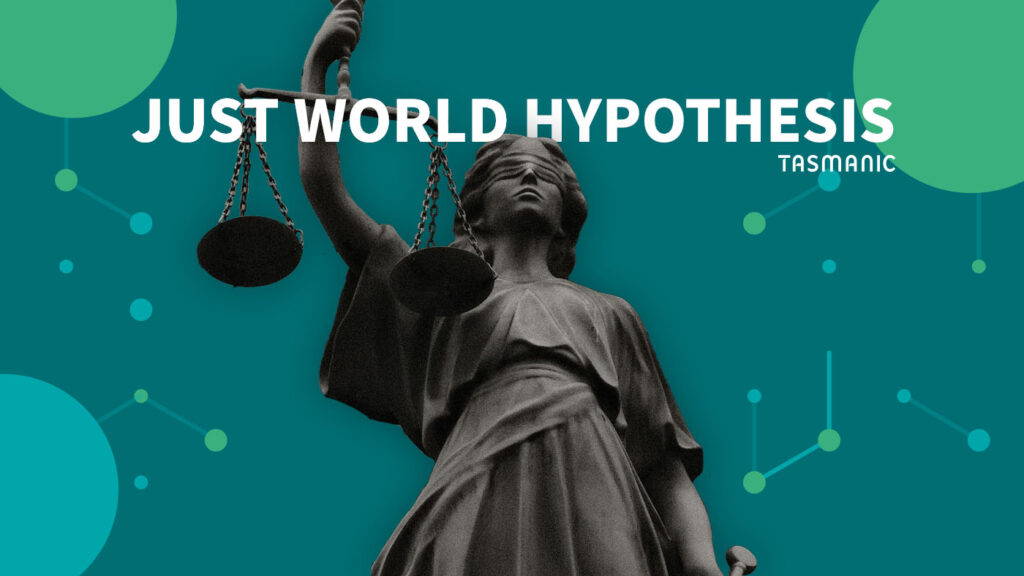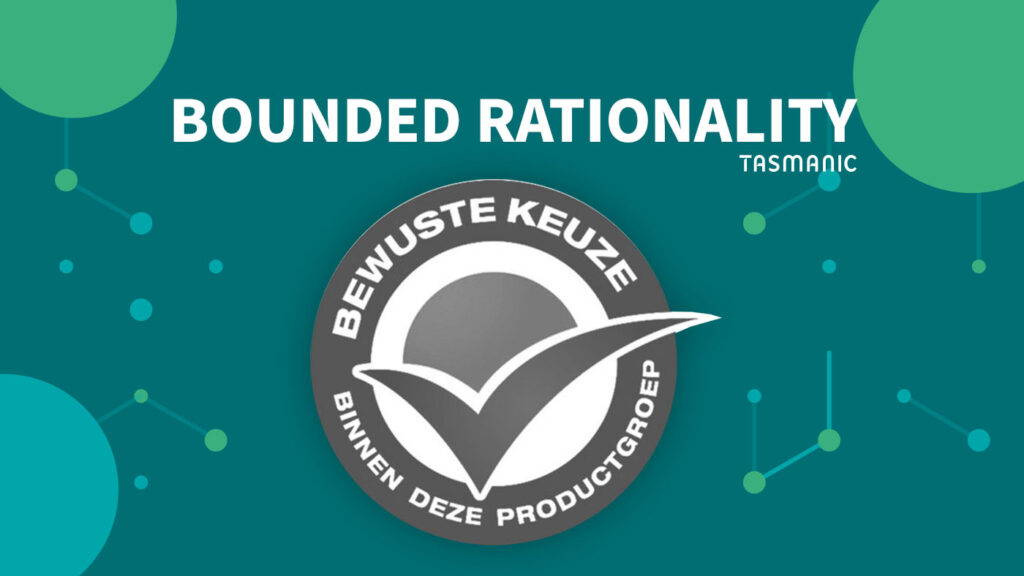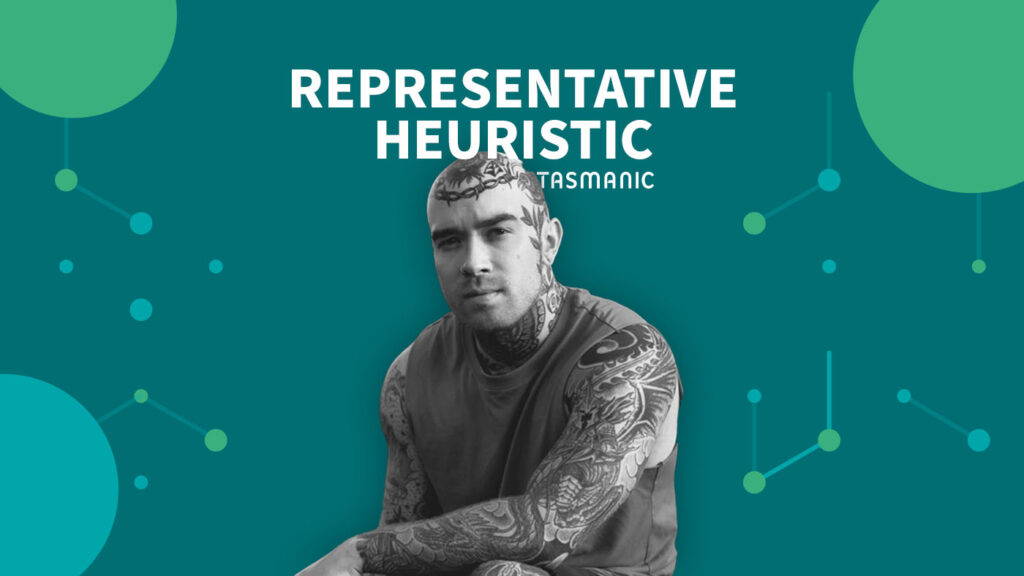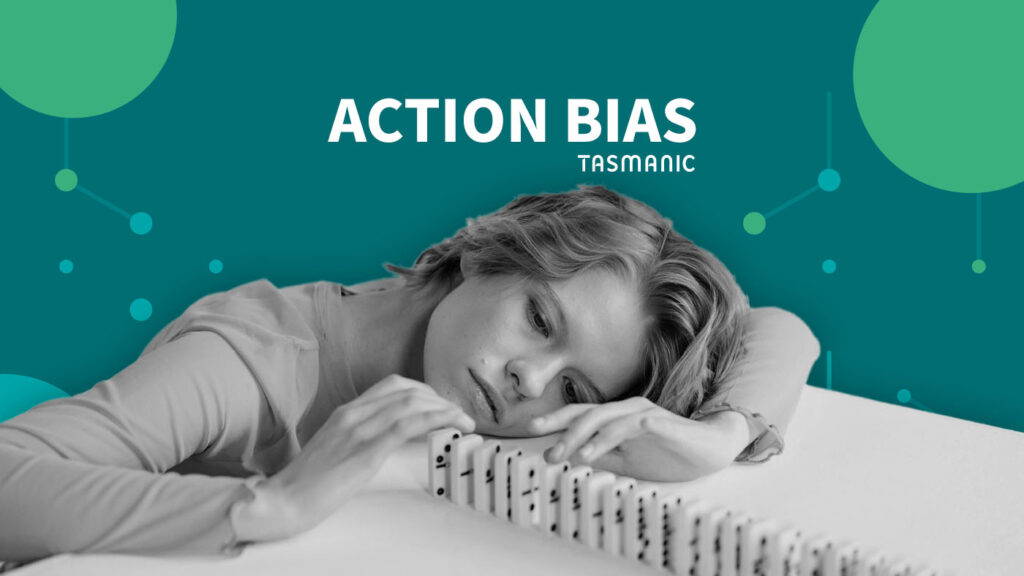
Introduction
You believe that hard work and dedication automatically lead to success. A comforting thought, right? But what if this belief - known as the just-world hypothesis or just-world hypothesis - clouds our understanding of business success and failure?
As entrepreneurs, we make daily decisions based on our assumptions about how the world works: good things happen to good people, and bad things happen to people who deserve it. However, this mindset can be a major pitfall. While hard work and talent are certainly important, factors such as timing, market conditions and even pure chance also play a crucial role in a company's success. By understanding the just-world hypothesis, we can make better decisions and look more realistically at both success and setbacks in business.
What is the just-world hypothesis?
The just-world hypothesis refers to our idea that the world is a fair place where good things happen to good people and bad things happen to bad people (Lerner, 1980).
The just-world hypothesis assumes that good actions are rewarded and negative actions are punished. Our belief in this motivates us to do the right thing, to keep our karma good. But by only paying attention to morality and integrity, we can also draw wrong conclusions or make wrong judgments about someone. What if you think someone will have deserved it, when they don't at all? The risk of the just-world hypothesis is that you feel less of an urge to act, do something about unfairness or fight for change, if you believe that the world is a very fair place and everything happens for a reason (Rubin & Peeplau, 1975).
How does the just-world hypothesis arise?
The just-world hypothesis arises from an interplay of various psychological and social factors:
1. Early development and education
- Children learn early on that good behavior is rewarded and bad behavior is punished
- Fairy tales and children's stories reinforce this idea: the good hero always wins, the bad guy gets his deserved punishment
- Parents and educators often emphasize the link between commitment and outcome
2. Cognitive development
- The human brain naturally looks for patterns and cause-and-effect relationships
- We have a strong need for predictability and control
- Belief in a just world provides a sense of security and safety
3. Social and cultural influences
- Many religions and philosophies emphasize karma or divine justice
- Popular media reinforce the idea that good deeds are rewarded
- Media success stories often emphasize personal merit and hard work
4. Psychological function
- It protects against existential fear and uncertainty
- It helps process unjust events
- It gives people a sense of control over their lives
5. Cognitive dissonance
- When we see injustice, we feel discomfort
- To reduce this discomfort, we look for explanations that fit into our worldview
- This often leads to "victim blaming" or rationalizing unfair outcomes
These deep-seated beliefs grow stronger as we tend to seek information that confirms our existing beliefs. We attribute successes to personal merit, while we often see adversity in others as the result of their own choices or shortcomings. However, understanding how this bias arises is of great value: it helps us become more aware of our own biases, look at success and failure in a more nuanced way, develop more empathy for people experiencing adversity, and ultimately make better decisions that are not biased by this bias.
Examples in practice
- An experienced restaurant owner sees his business fail during an economic crisis. From the just-world hypothesis, fellow entrepreneurs are often inclined to think, "He must not have worked hard enough" or "His concept apparently wasn't good enough." In doing so, they ignore external factors such as the sudden change in consumer behavior, rising energy prices or unfortunate timing - factors largely beyond the entrepreneur's control.
- A young entrepreneur wins a prestigious award for fastest growing company in her region. "She did it all by herself," it sounds admiring. What few know is that she started during an extremely favorable market circumstance, right when her biggest competitor was having a management crisis.
- A startup raises a million in investment within a month. The story goes that the founder "just had a brilliant idea and worked really hard." What no one tells is that his uncle is an influential venture capitalist who arranged the first major investment.
Using the just-world hypothesis to your advantage
As an entrepreneur yourself, you can be quite troubled by the just-world hypothesis, but you can also take advantage of the fact that consumers and suppliers think the same way:
- In your communications, emphasize how you deliver value. Explain the concrete steps you take to deliver quality and good service. This aligns with people's natural tendency to associate positive outcomes with conscious effort.
- When setbacks or delays occur, you can be proactive and transparent about the causes. People often appreciate this more than vague explanations because it suits their need for logical connections.
- Successes allow you to give recognition to external factors and partners involved. This builds trust because it shows you are honest about how success comes about.
- In your marketing, you can focus on the tangible value you deliver, rather than just promising positive outcomes. This helps customers develop realistic expectations.
Resources
Lerner, M. J. (1980). "The Belief in a Just World." Springer US.
Rubin, Z., & Peplau, L. A. (1975). "Who Believes in a Just World?" Journal of Social Issues, 31(3), 65-89.
Is your company missing opportunities?
Request our no-obligation performance scan

















 Team
Team FAQ
FAQ Vacancies
Vacancies Contac
Contac AWR
AWR Ahrefs
Ahrefs Channable
Channable ContentKing
ContentKing Leadinfo
Leadinfo Optmyzr
Optmyzr Qooqie
Qooqie Hubspo
Hubspo Semrush
Semrush




